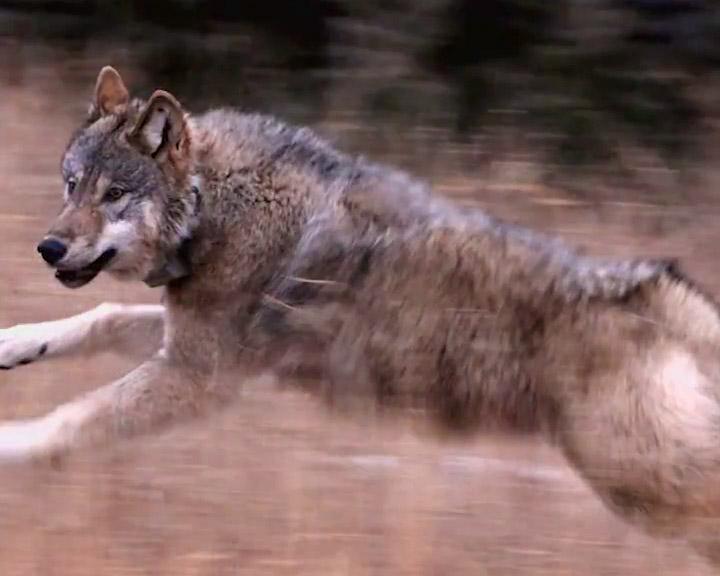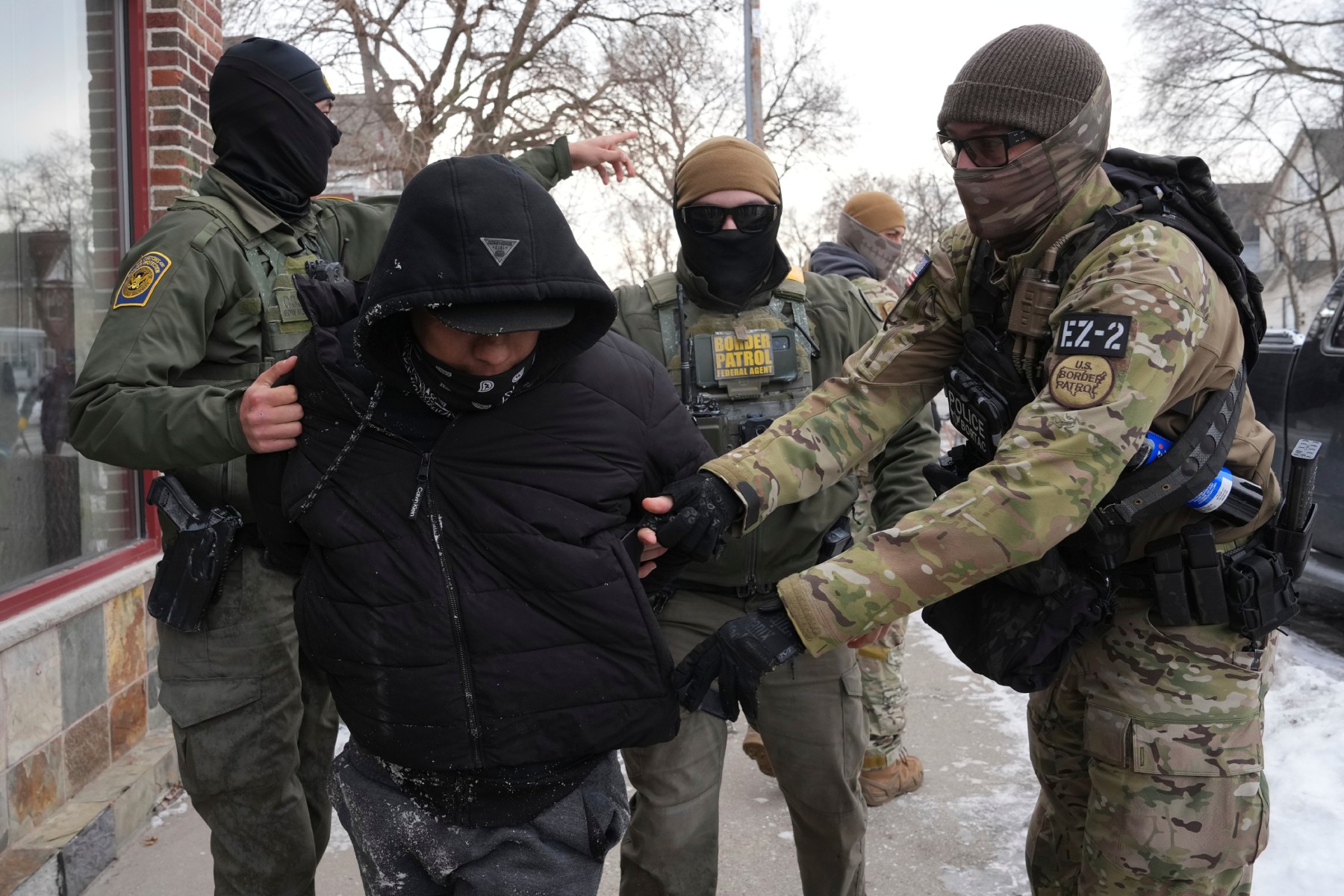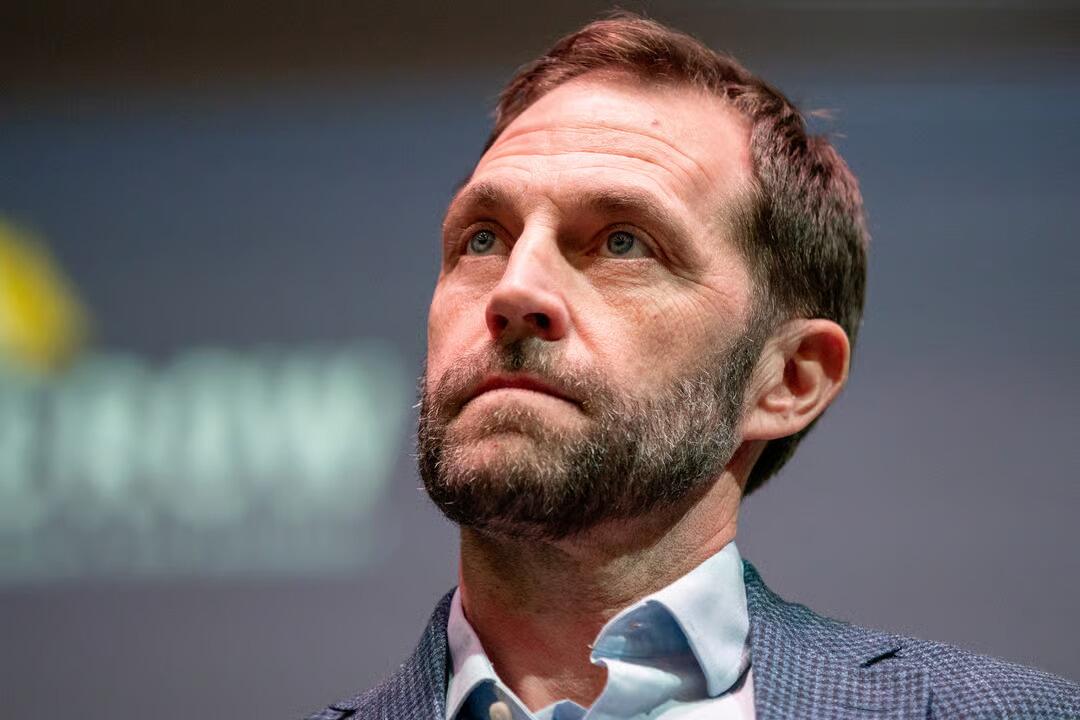
This story was produced as part of the Colorado Capitol News Alliance. It first appeared at coloradosun.com.
A bipartisan group of lawmakers representing the Western Slope plan to introduce a bill during the special legislative session that begins Thursday that would pause wolf reintroduction for one year — and pause some related spending — amid a nearly $1 billion hole in the state budget.
The savings would be relatively meager — wolf reintroduction cost Colorado taxpayers $3.5 million last year and the bill would redirect, not eliminate, only the small portion of that money that is spent on bringing new wolves to the state. The state would still need to manage the population of wolves that are already here.
However, the Democrat leading the measure says it’s about priorities as the legislature contends with a steep drop in state tax revenue caused by tax policy changes in the Republican federal tax and spending bill that became law in July.
The money saved by the measure would be directed toward an effort to drive down a major increase in health insurance prices also caused by congressional Republicans’ measure, called the One Big Beautiful Bill Act. Tackling the price increase is expected to cost upwards of $100 million.
State Sen. Dylan Roberts, D-Frisco, told The Colorado Sun on Monday that he’s bringing the bill because he “represents the part of the state that was first impacted by wolf reintroduction and is still dealing with conflict.
“But, more importantly, because health insurance costs are about to go through the roof on the individual market this fall and Congress isn’t doing anything to step up to try and lower those costs,” Roberts said, noting that his constituents on the Western Slope are already paying “higher, much higher,” rates than the state average.
The other lead sponsors of the bill are state Sen. Marc Catlin, R-Montrose, and Reps. Meghan Lukens, D-Steamboat Springs, and Matthew Martinez, D-Monte Vista.
Gov. Jared Polis’ office blasted the bill in a written statement.
“This backdoor effort to prevent the will of the voters to establish a self-sustaining wolf population in Colorado from being implemented won’t save money,” said Shelby Wieman, a spokesperson for Polis.”It just moves a small amount of money for wolf reintroduction to an unrelated issue without decreasing the deficit by one penny and is against the will of the voters — and the unanimously approved Colorado Wolf Restoration and Management Plan.”
Lawmakers were only allowed to draft one bill for the special legislative session that begins Thursday. Others have proposed closing or reducing tax loopholes and breaks to generate hundreds of millions of dollars in new revenue to address the tax revenue shortfall caused by the One Big Beautiful Bill Act.
The state expects to be short about $750 million in the current fiscal year, which began July 1, relative to its spending plans, because of tax policy changes in the Republican federal tax and spending plan. Colorado’s tax code is matched to the federal tax code, which is why the deficit exists.
Roberts’ bill is unlikely to pass. Democratic leadership at the Capitol is planning to punt the job of cutting existing programs and services to the governor’s office after the special session ends and once it’s clear how much is left to cut after the tax loopholes and breaks are addressed.
The governor’s office is expecting to have to cut about $300 million out of the budget after the special session and after dipping into the state’s reserve fund by about an equal amount.
The cost of wolf reintroduction, approved by voters in 2020, well exceeded projections in the state’s last fiscal year.
Those funds included a bill for $582,000 for direct and indirect losses related to wolf livestock kills submitted by ranchers to Colorado Parks and Wildlife in January and two additional bills — totaling around $140,000 — submitted by one of the same producers and a second one July 18.
“Voters were promised that the wolf program was going to cost $800,000 a year, but this past fiscal year, it cost taxpayers $3.5 million,” Roberts said.
Roberts was referencing a projection by nonpartisan state fiscal analysts that wolf reintroduction would cost about $800,000 per year. That wasn’t a promise, however, and the analysts warned the actual costs would depend on how reintroduction was handled by CPW and the number of livestock losses caused by wolves.
Roberts’ office said his bill would also give Colorado a chance to address the problem of livestock predation.
“By not bringing in new wolves into the state, Colorado can focus on managing the existing wolves more effectively and save significant financial resources,” a news release from his office said.
Roberts said his bill wouldn’t affect funding for managing the existing wolves in the states, including wolf-livestock conflict minimization, range riders and livestock depredation reimbursement. That would bring the bill’s savings well below the $3.5 million spent on wolf reintroduction last year.
Roberts said he was told by the Colorado Department of Natural Resources that the cost to capture a new batch of wolves and release them in Colorado would be $264,000, far less than 1% of the state’s budget deficit.
“But every dollar we don’t spend on new wolves is more dollars we’ll save in the long run, because those wolves won’t come here and kill cattle that we then have to pay for,” Roberts said.
In 2020, Coloradans narrowly approved Proposition 114, the ballot measure creating the wolf reintroduction program.
Colorado Parks and Wildlife began the job in December 2023, releasing 10 wolves in Grand and Summit counties between then and January 2024 and another 15 in Pitkin and Eagle counties in January 2025.
Wolves have since killed or negatively impacted dozens of livestock, according to CPW records. Ranchers say the number is really in the hundreds, claiming the state demands more proof than is possible to provide.
In an email obtained by The Sun that Roberts sent to Patricia McLaughlin, a member of the Colorado chapter of The Sierra Club, he wrote that the bill “does NOT end the wolf program.”
“But I can’t look my constituents in the face and tell them we’re doing everything we can to make responsible cuts in this dire budget situation if we aren’t being conscious of the runaway costs of the wolf program,” he wrote.

Colorado Capitol Alliance
This story was produced by the Capitol News Alliance, a collaboration between KUNC News, Colorado Public Radio, Rocky Mountain PBS, and The Colorado Sun, and shared with Rocky Mountain Community Radio and other news organizations across the state. Funding for the Alliance is provided in part by the Corporation for Public Broadcasting.








